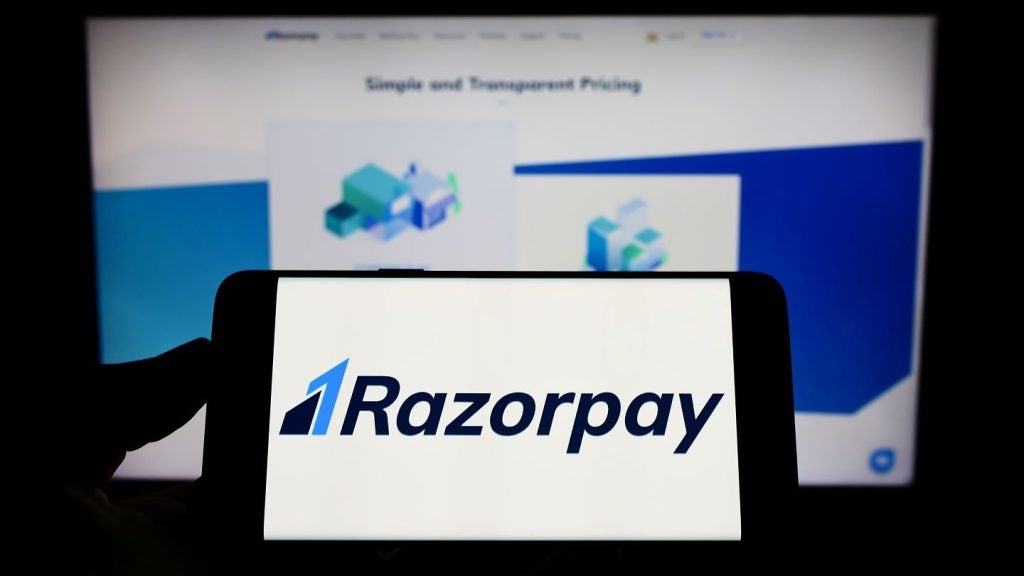valuation
With a recent IPO capitalisation of $13 billion, revenue of $1
billion and a 40 percent profit margin, Brazil’s Redecard may prove
to be the most valuable acquirer you’ve never heard of, according
to Josh Allen* and Marc Abbey* of
First Annapolis Consulting.
What acquirer generates $1 billion in revenue, has a profit margin
of over 40 percent and has an enterprise valuation of over $10
billion? Acquirers all over the world will be forgiven if companies
such as Chase Paymentech, US Bank (Nova/Elavon) and RBS Streamline
come most readily to mind. However, Brazilian acquirer Redecard
also belongs to this exclusive club.
Several months ago, Redecard went public in what was at the time
the largest IPO (initial public offering) in Brazil, raising over
$2.5 billion and establishing a market capitalisation for all
shares outstanding of over $13 billion by mid-October. This IPO
also happens to be the largest in the history of the acquiring
business globally, and represents a stunning enterprise valuation
level.
Five acquiring markets in the world account for over one-half of
global acquiring net revenue (eg, gross revenue less interchange
and scheme fees) and Brazil is one, along with the US, the UK,
Canada and France. Brazil’s market size, however, is driven more by
very high revenue levels than by volume and scale. Brazil generated
total bankcard volume just above $100 billion in 2006 compared with
$2 trillion in the US market. Brazilian card-based payments are
growing very rapidly with recent volume growth rates well in excess
of 20 percent, which is higher than the growth in any of the other
four largest markets. Growth is both part acceptance-led and
consumer use-driven, as Redecard’s merchant base has increased 11
percent a year since 2004.
There are two bankcard acquirers in Brazil. Redecard is the
exclusive acquirer for MasterCard and VisaNet is the exclusive
acquirer for Visa. Both acquirers have been owned historically by a
coalition of banks and card associations. Therefore, these two
acquirers face a different competitive dynamic than other markets
that are organised on a multi-party acquiring basis (eg,
competition is centred at the network or brand level, not the
acquiring level).

US Tariffs are shifting - will you react or anticipate?
Don’t let policy changes catch you off guard. Stay proactive with real-time data and expert analysis.
By GlobalDataMerchant pricing is high by international standards, as a result of
this market structure, and Redecard enjoys a net spread of over 200
basis points (yes, that was ‘net spread’ – gross revenue less
interchange and scheme fees divided by sales volume – and not
‘gross discount’). This non-dual, exclusive-acquiring structure is
under pressure, however, from the public sector, from banks that
wish to compete directly in acquiring, and from international
acquirers that wish to enter Brazil.
Brazilian acquirers settle credit card payments to merchants on a
28-day cycle, a holdover from inflationary days when banks were
essentially match-funding cardholder grace periods with merchant
funds availability schedules. In today’s low inflation environment,
the acquirers factor these settlement amounts for a fee; stated
another way, the acquirers will pay the merchants in one or two
days but charge additional pricing to do so.
This factoring income represented nearly 20 percent of Redecard net
revenue in 2006. (VisaNet has a similar arrangement, but the
factoring activity occurs at the bank level, not the VisaNet
level.) To put this in perspective, the revenue Redecard makes from
this factoring activity (expressed as a percentage of sales) is
nearly twice Chase Paymentech’s entire net spread (42 basis points
in factoring income for Redecard versus 23 basis points in total
net revenue for Chase Paymentech).
High-cost market
Brazil is a high-cost market for several reasons. VisaNet and
Redecard do not in general share terminals, so a merchant generally
will have two or more terminals on its countertop, and Redecard
will bear the cost of managing a terminal estate based only on the
MasterCard volume. As mentioned earlier, though Redecard is a
good-sized acquirer by international standards, the Brazilian
market has much less gross scale than other large markets. There
are different acquiring products than in North America or Europe
(POS-driven instalment lending, for example) that create costing
differences.
A big impact on cost structure comes from the loss of scale at the
merchant level resulting from the separation of Visa and MasterCard
processing (eg, Redecard incurs all the expense of signing and
servicing a merchant, but only sees half the volume that an
acquirer in a dual market would see). Nevertheless, at $46 billion
in credit and debit volume, Redecard generates a cost per
transaction of approximately $0.39, which is not unlike the cost
structure of similarly scaled Global Payments, a top ten primarily
US acquirer.

Chase Paymentech is the largest acquirer in the world. It processes
over ten times the volume of Redecard and has a cost structure that
is a fraction of Redecard’s. Chase Paymentech has actually grown
more quickly than Redecard since 2004, though this growth is not
all organic, in contrast to Redecard’s. The strong net revenue in
Brazil (well over 200 basis points) results in a bottom line that
is higher and that represents a higher profit margin than at Chase
Paymentech and generates such a significant enterprise value for
the Brazilian acquirer.
Nevertheless, if Redecard is worth $13 billion, one can only wonder
what the enterprise value of Chase Paymentech (or Nova/Elavon or
RBS Streamline) would be if determined through a market
mechanism.
*Josh Allen is an analyst and Marc Abbey is managing partner at
Baltimore-based consulting and mergers and acquisitions advisory
firm First Annapolis







